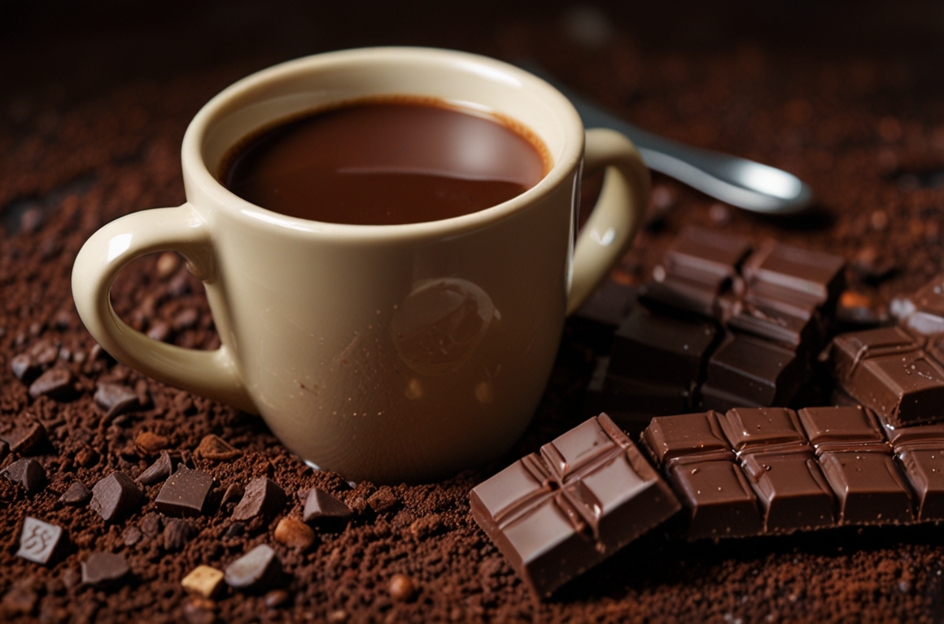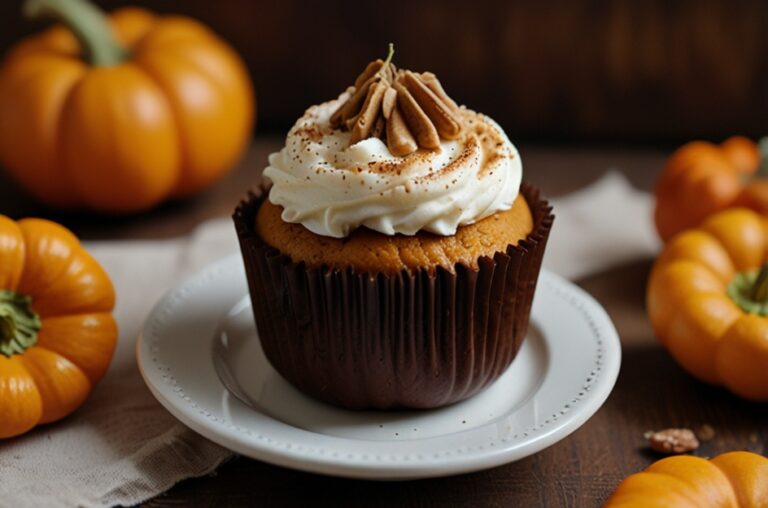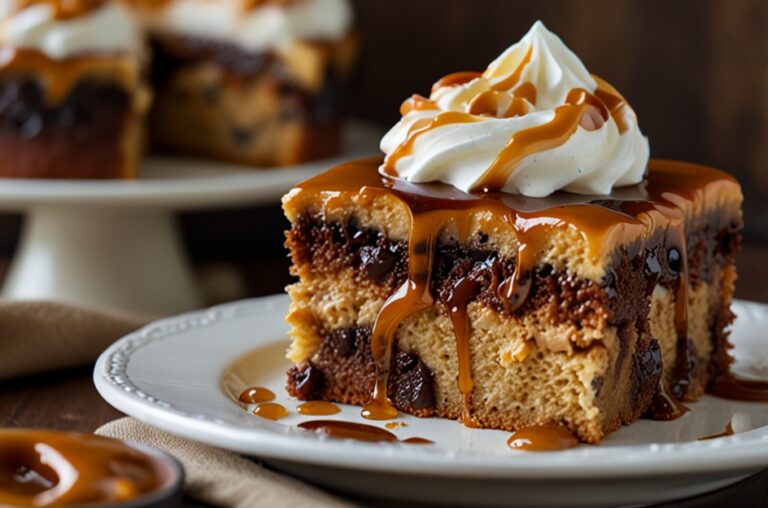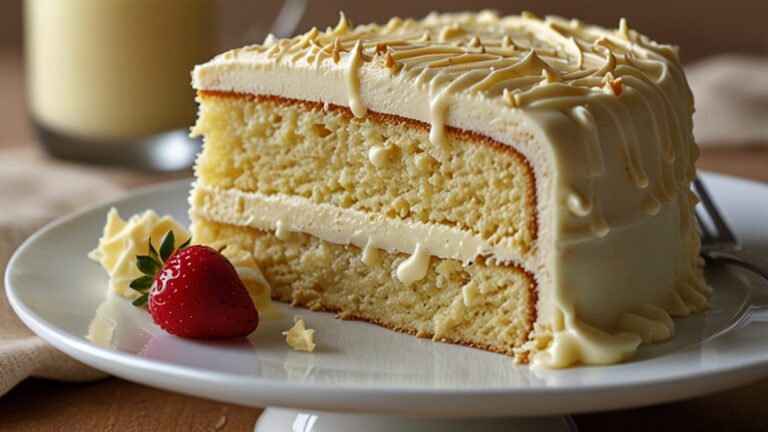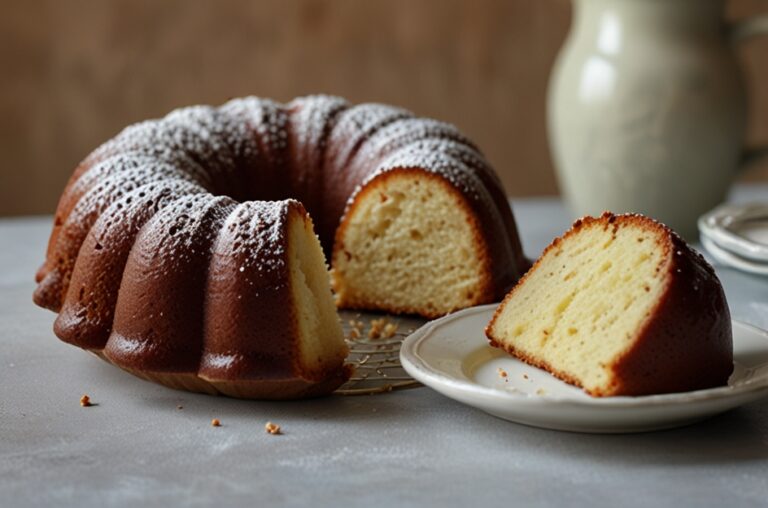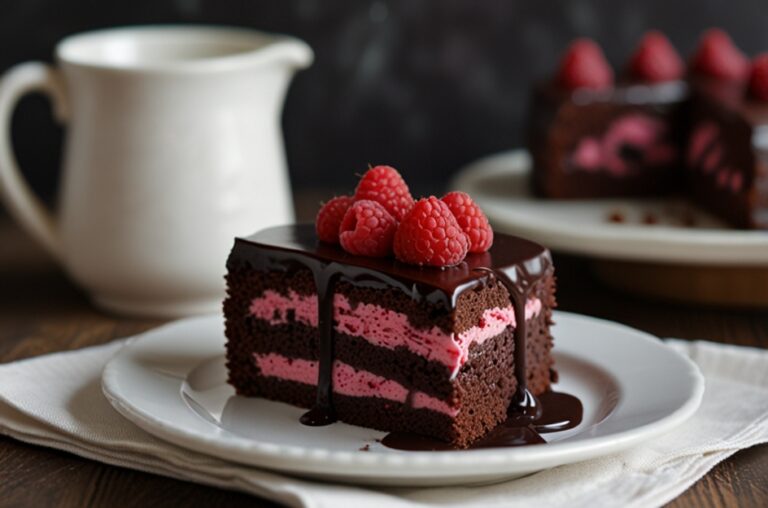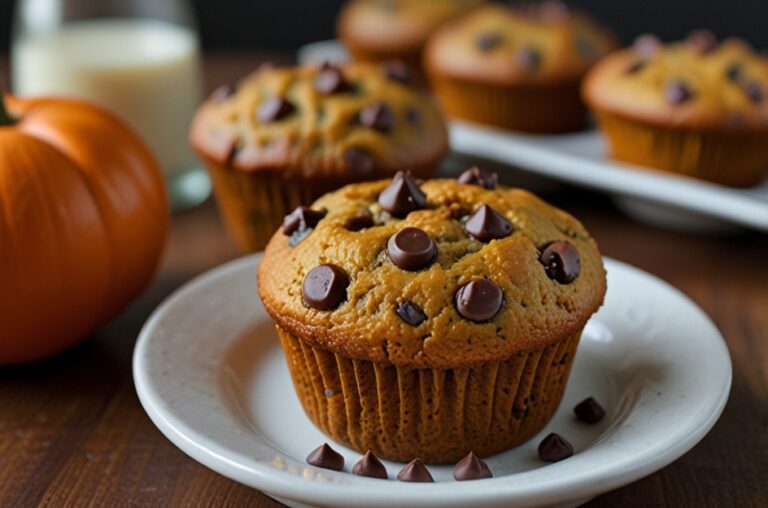does chocolate have caffeine
Chocolate, that beloved sweet treat, has been a part of human culture for thousands of years. From decadent desserts to comforting hot cocoa, chocolate delights our senses and brings joy. But have you ever wondered about its hidden elements, particularly caffeine? In a world buzzing with coffee and energy drinks, caffeine has earned its place as the go-to stimulant. Yet, many of us might not realize that chocolate also contains this compound. In this article, we will explore the relationship between chocolate and caffeine, uncovering the science behind it, its effects, and how you can enjoy your favorite chocolate treats while being mindful of your caffeine intake.
| Sr# | Headings |
|---|---|
| 1 | What is Caffeine? |
| 2 | The Caffeine Content in Chocolate |
| 3 | How Does Chocolate Compare to Coffee? |
| 4 | Factors Affecting Caffeine Levels |
| 5 | The Health Benefits of Chocolate |
| 6 | How to Enjoy Chocolate Mindfully |
| 7 | Debunking Myths about Chocolate |
| 8 | Conclusion and Final Thoughts |
What is Caffeine?
Caffeine is a natural stimulant found in various plants, and it’s primarily known for its ability to boost energy levels and enhance alertness. It’s the magic ingredient that many people rely on to kickstart their mornings or power through an afternoon slump. But why does caffeine have this effect? Think of caffeine as a friend that nudges you awake when you’re feeling sluggish, encouraging your brain to produce more neurotransmitters like dopamine and norepinephrine. This interaction helps improve your mood and concentration.
But caffeine isn’t just about that instant energy boost. It’s also fascinating to consider its history. Caffeine has been consumed for centuries, primarily through coffee and tea, and more recently through sodas and energy drinks. Its popularity stems from its ability to provide a quick mental lift. So, as we dive deeper into our exploration of chocolate, it’s essential to understand that caffeine has its roots in a wide array of plants.
The Caffeine Content in Chocolate
So, does chocolate really have caffeine? The answer is a resounding yes! However, the amount of caffeine varies significantly depending on the type of chocolate. Dark chocolate typically contains more caffeine than milk chocolate, while white chocolate, which is made from cocoa butter rather than cocoa solids, contains little to no caffeine at all.
To give you an idea, here’s a rough breakdown of the caffeine content in different types of chocolate:
| Chocolate Type | Approximate Caffeine Content (per ounce) |
|---|---|
| Dark Chocolate (70-85% cocoa) | 23 mg |
| Milk Chocolate | 6 mg |
| White Chocolate | 0 mg |
As you can see, dark chocolate has the highest caffeine content, making it a favorite for those looking to satisfy their chocolate cravings while still enjoying the benefits of caffeine. In comparison, milk chocolate has a milder kick, while white chocolate is more of a sweet treat with no caffeine buzz at all.
You might be wondering why dark chocolate has more caffeine. The answer lies in the cocoa solids, which contain theobromine—a compound similar to caffeine. The higher the cocoa content in chocolate, the more caffeine it contains. This is why those rich, dark chocolate bars can provide a delightful combination of flavors and a little energy boost.
How Does Chocolate Compare to Coffee?
Now that we know chocolate contains caffeine, how does it stack up against our beloved coffee? A standard cup of brewed coffee contains around 95 mg of caffeine per 8-ounce serving. This is significantly more than what you’d find in chocolate. For example, if you were to indulge in a typical 1.5-ounce dark chocolate bar, you’d consume roughly 34 mg of caffeine, which is still a fraction of what a cup of coffee offers.
To put this in perspective, imagine caffeine as a rollercoaster ride. Coffee is like the exhilarating drop that gets your heart racing, while chocolate is the gentle, winding path that still offers thrills but is less intense. If you’re looking for a quick and potent jolt, coffee is your best bet. But if you’re after a delightful experience with a bit of a lift, chocolate is the perfect companion.
Moreover, the caffeine in chocolate has a different effect on the body than coffee. The presence of sugar and fat in chocolate slows down the absorption of caffeine, leading to a more gradual increase in energy. So, while you might feel the buzz from a cup of coffee almost immediately, the energy boost from chocolate could be more subtle and last longer. This makes chocolate an enjoyable option for those who want to savor their treat without the sharp spikes often associated with caffeine consumption.
Factors Affecting Caffeine Levels
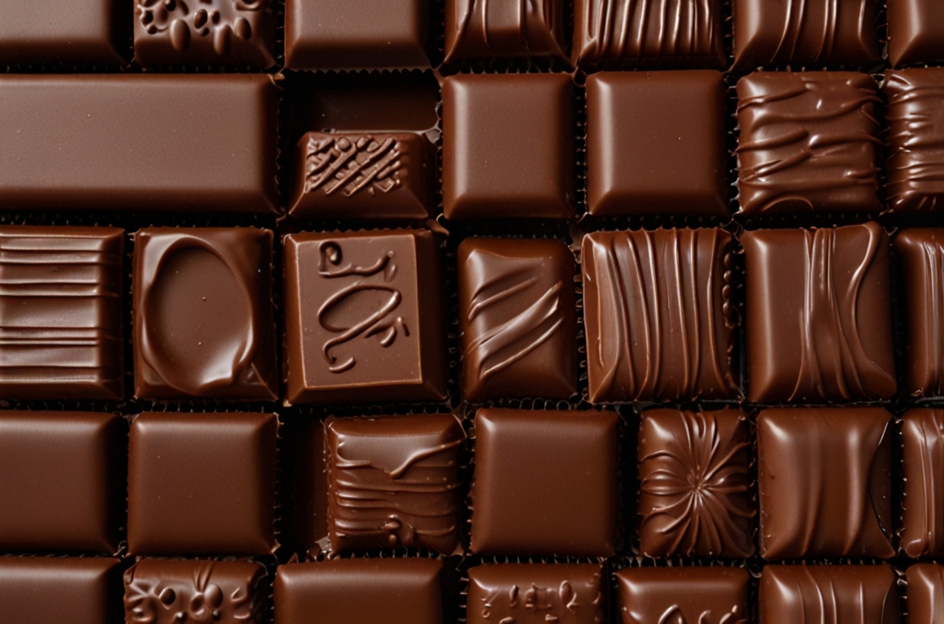
Several factors can influence the caffeine content in chocolate, from the type of chocolate to the brand you choose. For instance, not all dark chocolates are created equal. Some brands may use higher cocoa percentages, while others might mix in additional ingredients that dilute the caffeine effect. Furthermore, the processing method can also impact the final product. For example, Dutch-processed cocoa is treated with an alkalizing agent, which can reduce its acidity and potentially its caffeine content.
Additionally, serving size plays a crucial role. It’s easy to underestimate how much chocolate you’re actually consuming, especially if you’re indulging in a rich dessert or snacking on chocolate-covered treats. For instance, a single chocolate chip cookie may not seem like much, but when you realize it could contain several chocolate chips, each with their own caffeine content, it adds up quickly!
It’s also worth mentioning that individual tolerance to caffeine can vary widely. Some people might be more sensitive to its effects, experiencing jitters or anxiety even from small amounts, while others may enjoy multiple cups of coffee without any noticeable side effects. Understanding your body’s response to caffeine is key, especially when incorporating chocolate into your diet.
The Health Benefits of Chocolate
Aside from its caffeine content, chocolate—especially dark chocolate—offers numerous health benefits. Rich in antioxidants, dark chocolate can help combat oxidative stress and reduce inflammation in the body. It’s also known to contain flavonoids, which have been linked to improved heart health. Consuming moderate amounts of dark chocolate may enhance blood flow, lower blood pressure, and improve overall cardiovascular health.
Moreover, chocolate can elevate your mood. Remember that feeling of happiness you get when you indulge in your favorite chocolate dessert? That’s not just in your head! The combination of sugar and fat stimulates the release of endorphins, the body’s natural feel-good hormones. So, treating yourself to a piece of chocolate not only satisfies your sweet tooth but also provides a little boost to your mental well-being.
And let’s not forget the delightful taste of chocolate! It’s versatile and can be incorporated into various dishes—from brownies and cakes to savory sauces. You can also enjoy it in beverages like hot chocolate or chocolate smoothies. Incorporating chocolate into your diet can be both enjoyable and beneficial, but it’s essential to keep portion sizes in check to avoid excessive sugar and calorie intake.
How to Enjoy Chocolate Mindfully
As with any indulgence, moderation is key when it comes to enjoying chocolate. It’s easy to overdo it, especially when surrounded by tempting treats. Here are some tips on how to savor chocolate mindfully:
- Choose Quality Over Quantity: Opt for high-quality chocolate that has a higher cocoa content. Dark chocolate with at least 70% cocoa is a great choice, as it provides more health benefits and less sugar compared to milk chocolate.
- Practice Portion Control: Instead of reaching for an entire bar, consider breaking it into smaller pieces. This not only helps with portion control but also allows you to savor each bite.
- Pair with Other Foods: Combine chocolate with fruits, nuts, or yogurt to create a balanced snack. This can help enhance flavors and provide additional nutrients.
- Be Present: When enjoying chocolate, take the time to savor it. Notice the texture, aroma, and taste. Mindful eating can enhance your experience and help you appreciate the flavors more deeply.
- Stay Hydrated: Caffeine can have a diuretic effect, so ensure you’re drinking plenty of water alongside your chocolate treats. This will help keep you hydrated and balance your caffeine intake.
By following these simple tips, you can indulge in your love for chocolate while maintaining a balanced approach to your overall diet. Remember, it’s all about finding that sweet spot where you can enjoy chocolate without overindulging.
Debunking Myths about Chocolate
There are plenty of myths floating around about chocolate, especially regarding its health effects and caffeine content. One common misconception is that all chocolate is bad for you. While it’s true that some chocolate products can be high in sugar and unhealthy fats, dark chocolate, in moderation, can offer several health benefits.
Another myth is that chocolate causes acne or bad skin. While diet can influence skin health, chocolate itself is not the primary culprit. Instead, factors like hormones and overall diet play a more significant role in skin conditions.
Finally, some people believe that eating chocolate will keep you awake all night due to its caffeine content. While it’s true that chocolate contains caffeine, the amounts are generally much lower than those found in coffee or energy drinks. For most people, enjoying chocolate in moderation won’t significantly disrupt sleep patterns. It’s essential to listen to your body and understand how it responds to various foods, including chocolate.
Conclusion and Final Thoughts
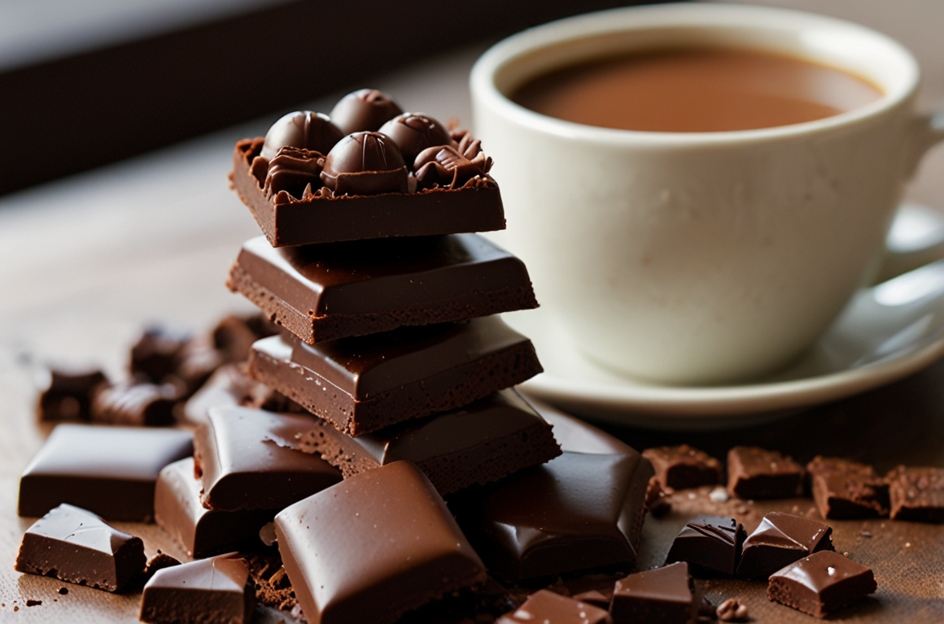
In conclusion, chocolate does indeed contain caffeine, but in much smaller amounts compared to coffee and other caffeinated beverages. Understanding the relationship between chocolate and caffeine can help you make informed choices about your consumption. Dark chocolate offers the highest caffeine content and is packed with health benefits, making it a great option for chocolate lovers.
As you navigate the world of chocolate, remember to indulge mindfully. Choose high-quality chocolate, savor each bite, and be aware of your overall caffeine intake. By doing so, you can enjoy the delightful experience of chocolate while reaping its potential health benefits. So, go ahead and treat yourself to a piece of chocolate—your taste buds and body will thank you!
FAQs
- Does all chocolate contain caffeine?
Yes, all chocolate contains some amount of caffeine, but the levels vary depending on the type. Dark chocolate generally has the highest caffeine content, while white chocolate has none. - Can I eat chocolate if I’m sensitive to caffeine?
If you’re sensitive to caffeine, it’s best to monitor your chocolate intake, especially dark chocolate, as it contains more caffeine. Opting for milk or white chocolate may be a better choice. - How much caffeine is in a typical dark chocolate bar?
A typical dark chocolate bar (1.5 ounces) can contain around 30-35 mg of caffeine, depending on the cocoa content. - Is dark chocolate healthier than milk chocolate?
Yes, dark chocolate is generally considered healthier due to its higher cocoa content and lower sugar levels, along with the presence of beneficial antioxidants. - Can I consume chocolate before bedtime?
While dark chocolate contains caffeine, consuming it in moderation a few hours before bed is unlikely to disrupt sleep for most people. However, individual responses can vary, so it’s important to pay attention to your body’s signals.

